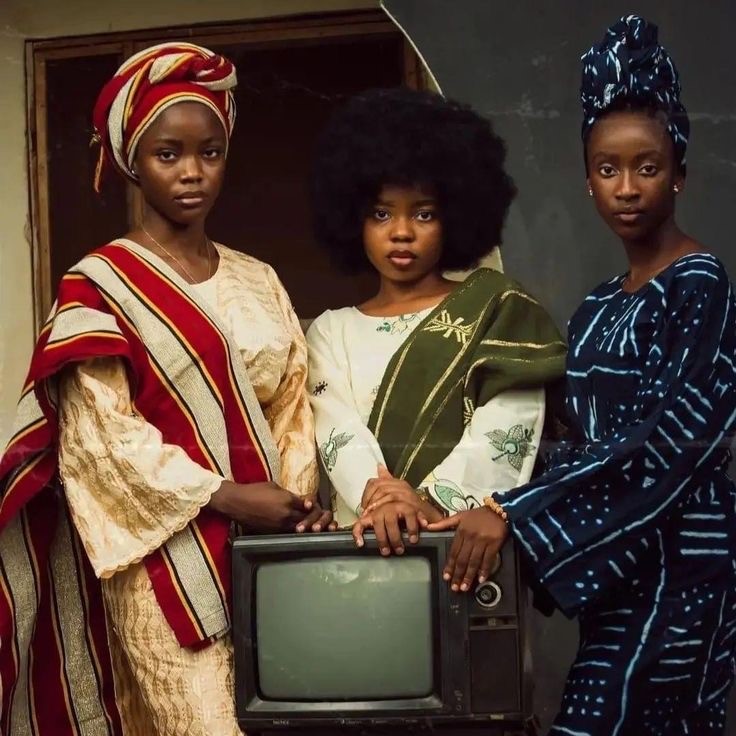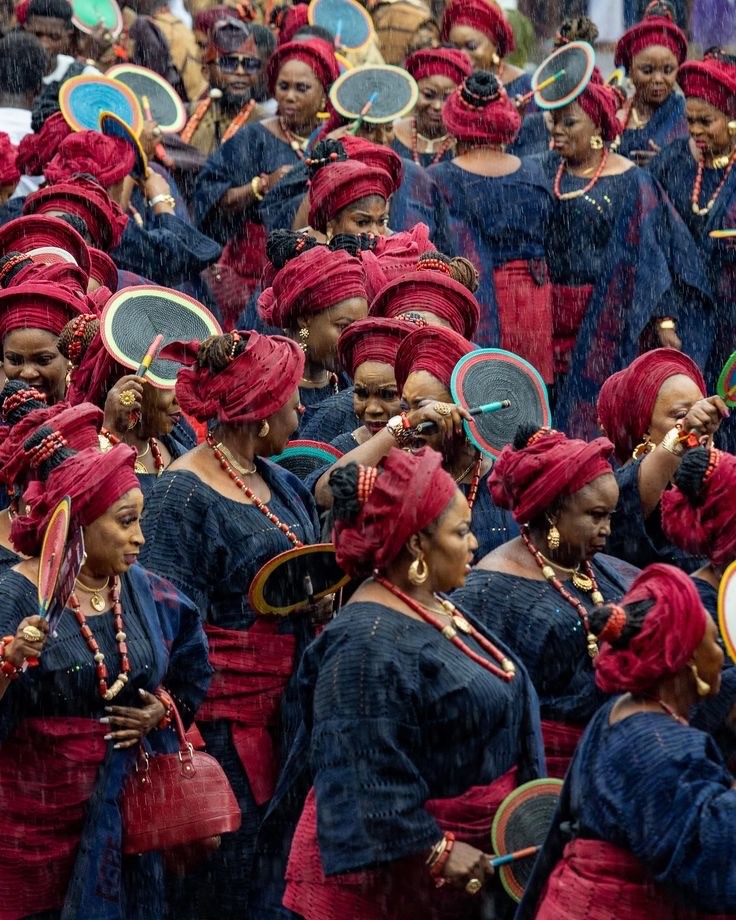Nigeria finds itself at a critical juncture where the clash between tradition and development is frequent. While the country aims for economic advancement and modernisation, maintaining its valuable cultural heritage while embracing progress becomes a progressively demanding task.
The numerous ethnic groups of Nigeria, each with its own distinct traditions, languages, and customs, serve as an example of the country’s cultural variety. Nigeria is a thriving melting pot of cultures, with the Yoruba in the southwest, Hausa-Fulani in the north, and Igbo in the southeast. The quick rate of growth, however, frequently makes it difficult to uphold these beloved customs.

Urbanisation is one of the main obstacles Nigeria has in its quest for prosperity. Traditional communities and their modes of life are routinely abandoned as cities grow and new infrastructure is given priority. As younger generations increasingly move towards urban areas and adopt Westernised lifestyles, this trend could lead to a loss of cultural identity.
Additionally, homogenising conventions that are more “universal” in nature have replaced traditional ways of doing things as a result of globalisation. Traditional clothes, music, and values are frequently eclipsed by Western fashion, entertainment, and consumerism. Concerns about the preservation of Nigeria’s unique legacy in the face of forces of globalisation are raised by this convergence of cultures.

The significance of education in this struggle should not be underestimated. While education plays a pivotal role in economic development, it can inadvertently erode cultural preservation. English, being the primary language of instruction in most Nigerian schools, often takes precedence over indigenous languages, potentially creating a gap between young Nigerians and their cultural heritage.
However it’s crucial to understand that growth and cultural preservation don’t necessarily have to conflict. In reality, they can strengthen one another through deliberate ways. For instance, encouraging cultural tourism can boost regional economies while preserving local customs, arts, and crafts. Sustainable development methods can also help to preserve culturally significant natural areas and resources.

The rich cultural diversity of Nigeria can also serve as a source of soft power and national pride. Cultural events like the Durbar in Kano or the Osun Osogbo festival in Osun State could attract tourists and gain international acclaim, boosting the local economy. These events can be used as a platform to teach the next generation about their history.
In order to strike the correct balance between cultural preservation and development, government measures are crucial. To protect its traditions, Nigeria should invest in cultural infrastructure, such as museums and cultural centres. In order to ensure that development benefits all facets of society, it should simultaneously foster an atmosphere that is favourable for business and economic progress.
Community organisations and NGOs both have a significant part to play in this endeavour. They can offer support to regional programmes that focus on cultural preservation, such as programmes for language revitalisation and the teaching of traditional craft skills. To traverse the complexities of conserving culture in this precarious balance, collaboration between government, civic society, and local communities is essential.
Nigeria confronts the daunting task of safeguarding its abundant cultural diversity while advancing economically. The conflict between tradition and progress is a challenge faced globally, but it holds special importance in Nigeria given its diversity. To strike the right equilibrium, Nigeria must adopt a comprehensive approach that harnesses cultural strengths for development, ensuring that modernisation doesn’t compromise its distinctive heritage.
Ultimately, it’s through this intricate balancing act between tradition and progress that Nigeria can chart a course toward a prosperous and culturally vibrant future.
Sources




